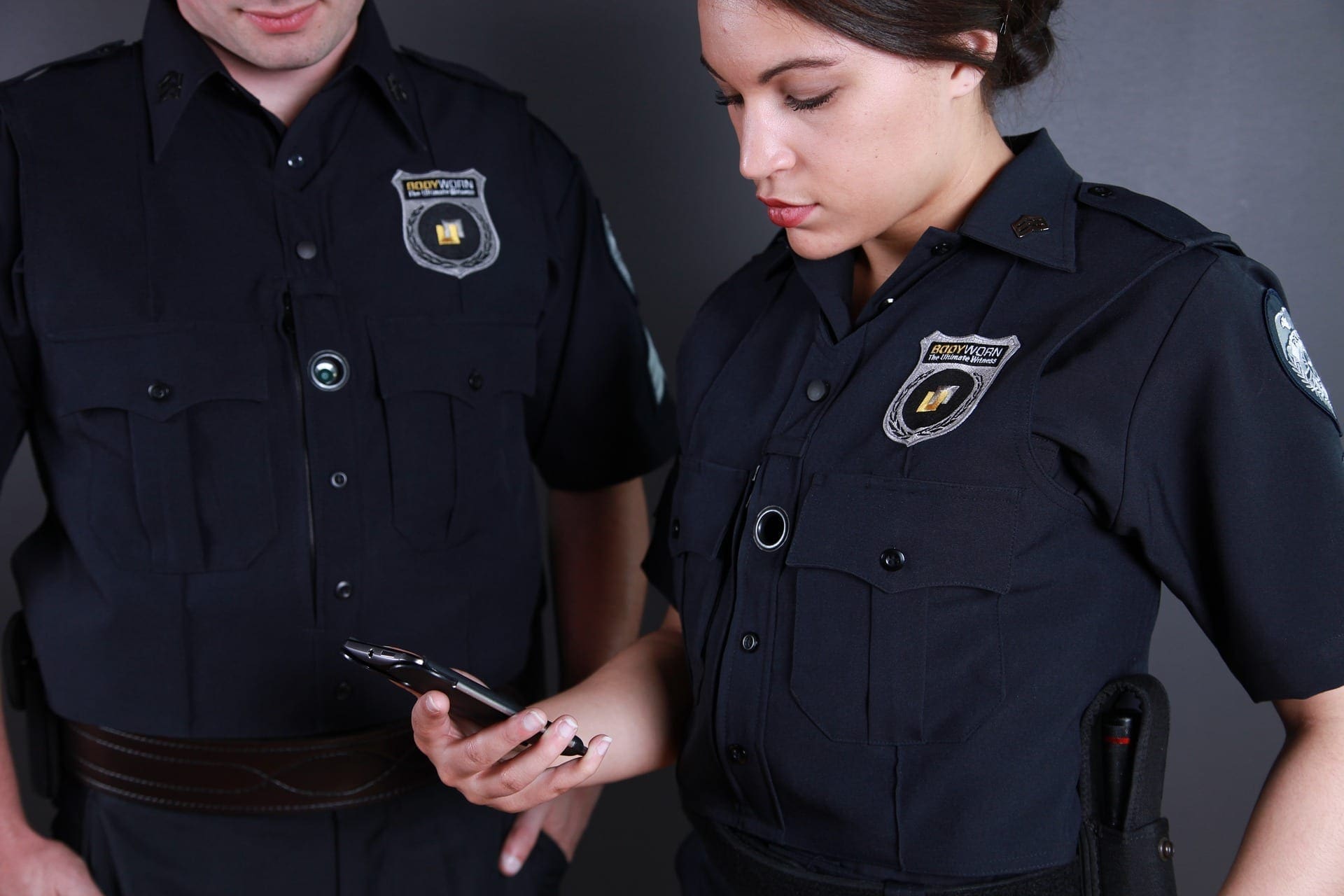
By Ed McGuiggan for State Tech
The value and importance of police reports cannot be understated. From traffic and collision reports to those documenting theft, injuries and arrests, police reports are not only highly scrutinized by prosecutors, courts, media and insurance companies, they’re also essential to ongoing investigations. Police officers spend a significant amount of the workday managing these reports and other such documentation.
It’s now possible to deploy voice-enabled technologies to provide officers with an alternative to the traditional, manual methods of creating reports. Officers simply speak to create detailed, accurate incident reports, using the power of their voices in place of typing. Reports created this way have been shown to take a third of the time that manual data entry would typically require and provide enormous safety benefits for officers out in the field.
Public Safety Officers Are Consumed with Incident Reporting
One law enforcement survey conducted by Nuance uncovered just how extensive the documentation burden is: More than half of the surveyed public safety officials reported spending more than three hours of each shift on paperwork.
In addition, more than 70 percent of survey respondents said they spend at least one hour in their patrol vehicles to complete a single incident report. Human memories can be faulty, unfortunately, and over that hour, it can be easy to forget to include details that may factor into a case or outcome. Add in multiple incidents and calls, and both memory recall and the ability to decipher hastily prepared handwritten notes can fade.
In other words, officers are dedicating too much of their days to documentation and administrative work — and it’s all time they would prefer to spend on more mission-critical, proactive policework that improves the safety and security of their communities.
Spending extra time capturing accurate, comprehensive and detailed information may mean officers are “heads down” in the field, a scenario that diminishes situational awareness and can have negative consequences for their own safety and that of the public. Consider even the seemingly routine task of entering data into a records management system; if officers lose focus on their surroundings, they can be more prone to an accident or ambush.
Voice-Powered Tools Give Officers Control of Their Time
Law enforcement professionals are ready for solutions to help them regain command of their time while having a positive impact on safety, community service and report quality. Voice-enabled technologies can be the answer, and can make incident reporting faster, safer and more efficient.
Although they’re certainly not a new technology (the first speech recognition platforms were developed in the 1950s), they have reached an inflection point in recent years, culminating in a wide range of applications and devices for use at home and at work.
Today’s speech recognition solutions continue to push the boundaries of what’s possible. Deep learning technologies help advanced speech engines achieve high levels of accuracy, even accounting for speakers’ accents and environments with background noise. Specialized platforms purpose-built for healthcare, financial services and other industries have emerged, and the same is true for law enforcement.
The voice-enabled process can also help departments reduce their dependence on outsourced transcription services — reducing the costs associated with this process while avoiding the typical turnaround times, helping ensure that reports are available in central systems in real time. Because there’s simply no room for inaccurate, incomplete or delayed reports, police departments that use speech recognition are in a better position to meet reporting deadlines and keep criminal proceedings on track.
Some speech-enabled platforms can be integrated with departmental computer-aided dispatch and records management systems. In this way, officers can use their voices to enter incident details into the system, conduct license plate lookups and otherwise navigate within and between forms while more quickly delivering critical information out in the field.
Good police work is often reflected in good police reports. By leveraging speech recognition rather than traditional keyboard entry, officers can create detailed incident reports up to three times more quickly without sacrificing any level of detail or specificity. They’ll spend less time tethered to computers — either at the station or on patrol — and more time keeping communities safe.
Visit our friends over at TranscriptionGear to get the rest of what you need! From headsets to foot pedals, they have you covered.








